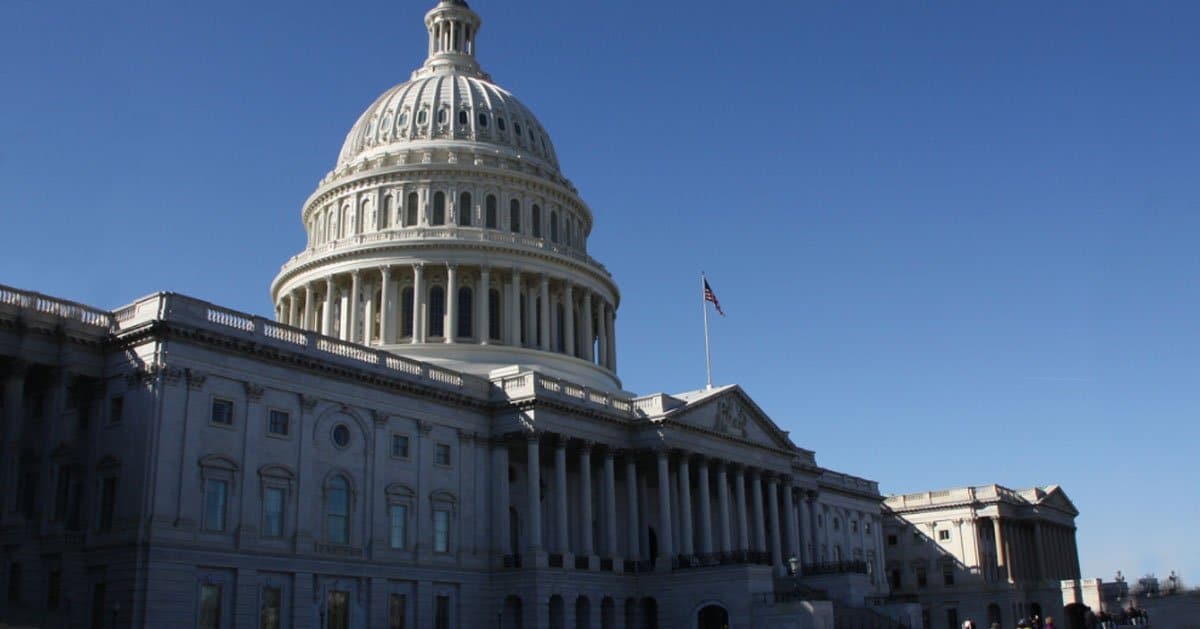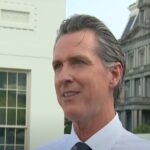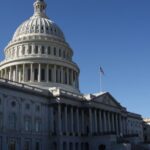




Washington’s latest fiscal fiasco is threatening to hit everyday Americans right where it hurts: their wallets and their dinner tables.
Fox News reported that as the government shutdown stretches into its fourth week, the battle lines are drawn over expiring Obamacare subsidies and looming food stamp shortages, with critical deadlines just days away.
This mess kicked off weeks ago, with no end in sight as Democrats and Republicans dig in their heels. The primary sticking point?
Enhanced Affordable Care Act subsidies, beefed up during the pandemic, are set to vanish by year’s end unless Congress acts.
Open enrollment for Obamacare begins in just a few days, and in some states like Connecticut, it’s already underway. Without an extension of these subsidies, Democrats warn that premiums, co-pays, and deductibles could skyrocket for millions. Sounds like a bitter pill to swallow, especially when families are already stretched thin.
House Minority Leader Hakeem Jeffries, D-N.Y., painted a grim picture, saying, “In just a matter of a week or so, tens of millions of Americans are going to wake up to the reality, because of the open enrollment period beginning on November 1st, that their premiums, co-pays, and deductibles are about to explode.”
While his alarm is loud and clear, let’s not forget that Obamacare’s track record has long been a lightning rod for criticism over cost and choice—perhaps this crisis was inevitable under a flawed system.
Democrats are holding firm, refusing to back any spending bill without a subsidy extension. It’s their hill to die on, but at what cost to other pressing needs? Their stance feels like a gamble when so many are caught in the crossfire.
As if healthcare wasn’t enough, another deadline looms on the same day as open enrollment starts. Funding for the Supplemental Nutrition Assistance Program, which supports 42 million Americans with food stamps, could run dry if no agreement is reached. That’s a gut punch to families already struggling to put food on the table.
The Trump administration has sounded the alarm, cautioning states that SNAP resources might vanish without federal action. Democrats counter that emergency funds and creative budgeting could avert disaster, but Republicans argue this is just political posturing. Why tie food aid to a healthcare fight, unless the goal is to score points rather than solve problems?
Senate Majority Leader John Thune, R-S.D., didn’t mince words, stating, “It looks like, at least right now, what they're simply doing is trying to keep the government shut down long enough to get past the enrollment deadline so they can have the political issue.”
Thune’s got a point—dragging this out past key deadlines smells more like a campaign tactic than a genuine push for progress, especially when real people are left hanging.
Let’s be honest: both sides have valid concerns, but the gridlock is the real enemy here. Democrats are laser-focused on protecting healthcare access, which is commendable, but their all-or-nothing approach risks derailing other vital programs like SNAP. Meanwhile, Republicans need to offer more than just criticism if they want to claim the high ground.
The stakes couldn’t be higher for millions of Americans who rely on these programs. A family facing steeper healthcare costs and empty grocery shelves doesn’t care about who wins the blame game in D.C. They just want results.
This shutdown isn’t just about policy—it’s about people’s lives being disrupted by a broken system. If premiums spike as predicted, hardworking folks could be shelling out thousands more each month just to keep coverage. That’s not a “progressive vision”; it’s a punishing reality.
On the flip side, SNAP’s potential collapse is a crisis that transcends partisan lines. The idea of 42 million people losing access to food assistance should be a wake-up call, not a bargaining chip. Yet here we are, watching politicians play chicken with necessities.
Democrats insist the administration has tools to prevent a SNAP shortfall, but trust in such promises feels thin when the shutdown drags on. Republicans, for their part, accuse their opponents of risking welfare for political leverage—a charge that’s hard to dismiss when deadlines are this tight.



